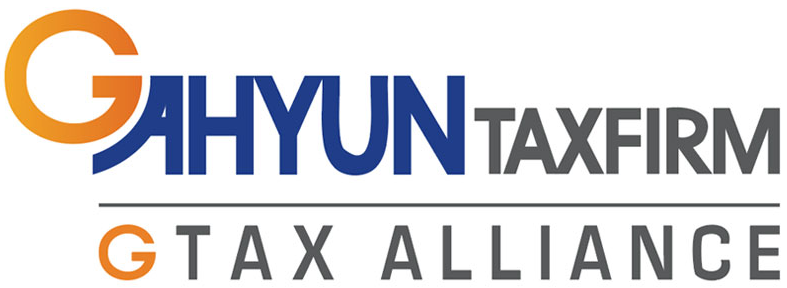
SME in Korea, may be eligible for special tax credits and tax reductions under the 'Act on Restriction on Special Cases Concerning Taxation.'
Today's post continues our discussion of tax benefits, building on our previous posts on this topic.
[Tax benefit]Tax Benefits Available to SMEs (Small and Medium Enterprises) - Part 1 (Tax Credits for Enterprise Job Growth)
Did you know that there are tax credits you can get when you hire employees? These tax credits are known as 'tax credits for enterprises increasing jobs.' They are part of a government policy aimed at boosting job creation and reducing unemployment rates.
www.g-tax.kr
[Tax benefit]Tax Benefits Available to SMEs (Small and Medium Enterprises) - Part 2 (Special Tax Reductions or Exemptions)
If your company is a Small or Medium-sized Enterprise (SME) in Korea, you may be eligible for special tax reductions under the "Act on Restriction on Special Cases Concerning Taxation." Here's how you can check your company's SME status and understand the
www.g-tax.kr
Companies often make significant investments in machinery and fittings for business purposes. Fortunately, there are tax benefits available to incentivize and support such investments. These incentives are designed to promote company investments, ultimately contributing to the growth of the country's economy

1.Business type that can't get the tax benefit
Most companies are eligible to claim this tax credit, with only a few exceptions. Businesses engaged in real estate rental or supply, hotels, bars, and those involved in amusement or entertainment-related activities do not qualify for this tax benefit.
2.Assets Eligible for Tax Benefits
2-1. Eligible Assets for Tax Benefits
Tangible business assets such as machinery are eligible for tax credits. However, vehicles, office supplies, vessels, aircraft, and buildings do not qualify for tax credits, even if a company purchases these assets.
*Note: If a company operates in the transportation industry, vehicles and vessels become eligible for tax credits.
Furthermore, it's important to note that tax benefits are only applicable when a company acquires new machinery. Leasing machinery or purchasing second-hand machinery does not qualify for this tax benefit.
2-2. Eligible Facilities and Intangible Assets
Facilities used for research and development or for the benefit of employees are eligible for tax benefits. For instance, if a company purchases an apartment for use as employee dormitories, it can qualify for tax reduction.
3. Tax Credit Rates
Tax credit rates vary depending on your company's size in Korea. If your company qualifies as a Small Enterprise, the tax credit rate is typically 10% of the invested amounts (equal to the purchased amounts). Moreover, if your company's invested amounts exceed the average investment of the previous three years, you may be eligible for an additional 3% tax credit.
4. Follow-Up Management
It's crucial to exercise caution when it comes to the follow-up management of tax credits. After receiving tax credits for your investments, you should be aware that if you sell the assets for which you received tax credits within two years, you will be required to repay the reduced tax amounts along with accrued interest. This interest accrues from the date of the tax credit reduction until the date of the asset sale.


Thank you for read my article! I hope it helps.
If you want to see more information about Korea tax and accounting, please follow us.
And if you need help for your tax filing or accountung or looking for CPA in Korea, don't hesitate to contace us

you can contact me through the information in the name card.
Or Please fill in the below form so we can kindly contact you.
G-tax (Tax & Accounting service)
Thank you for contacting us! Please fill the questionnaire in. We will reach out to you as soon as possible.
docs.google.com




